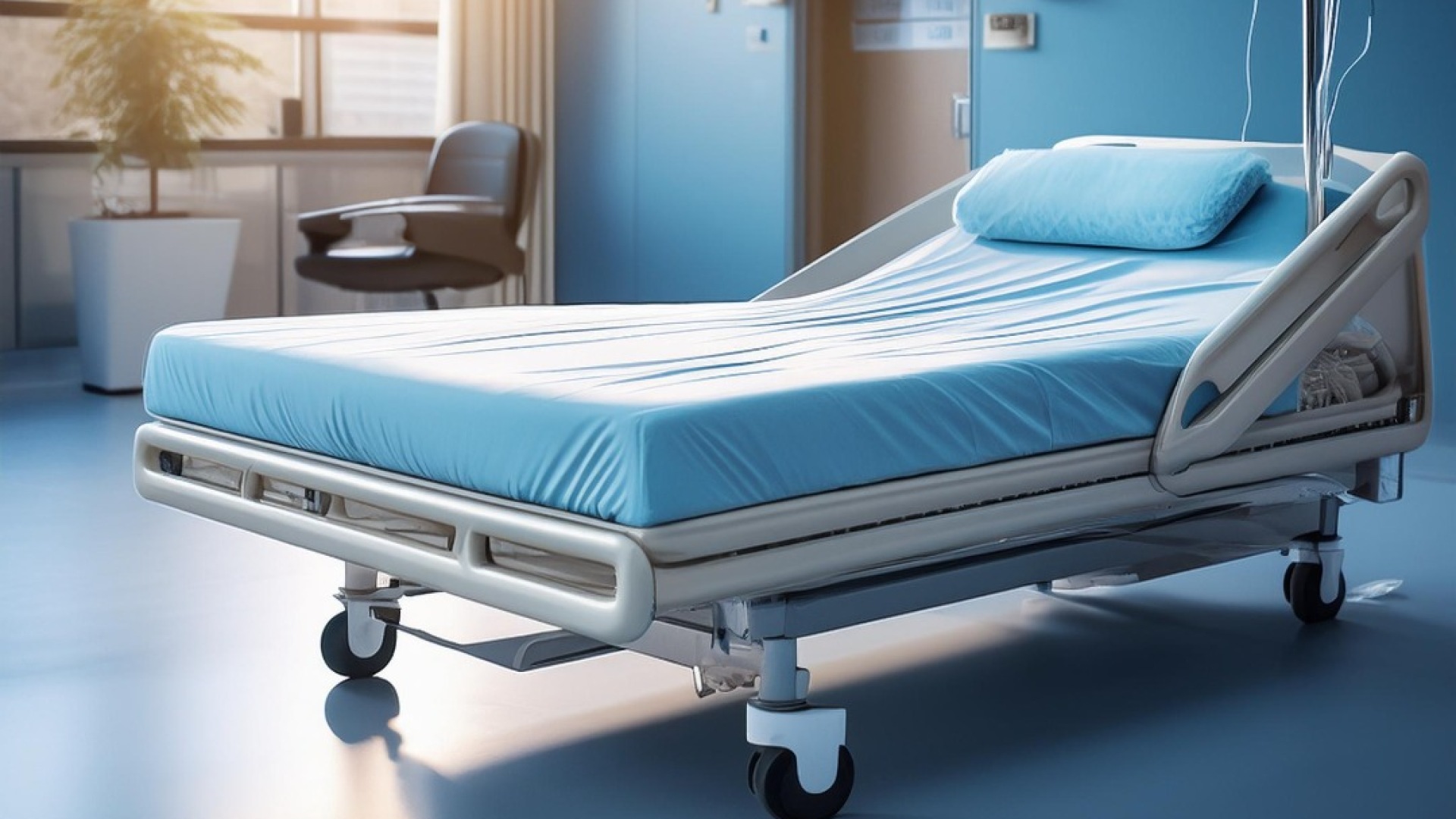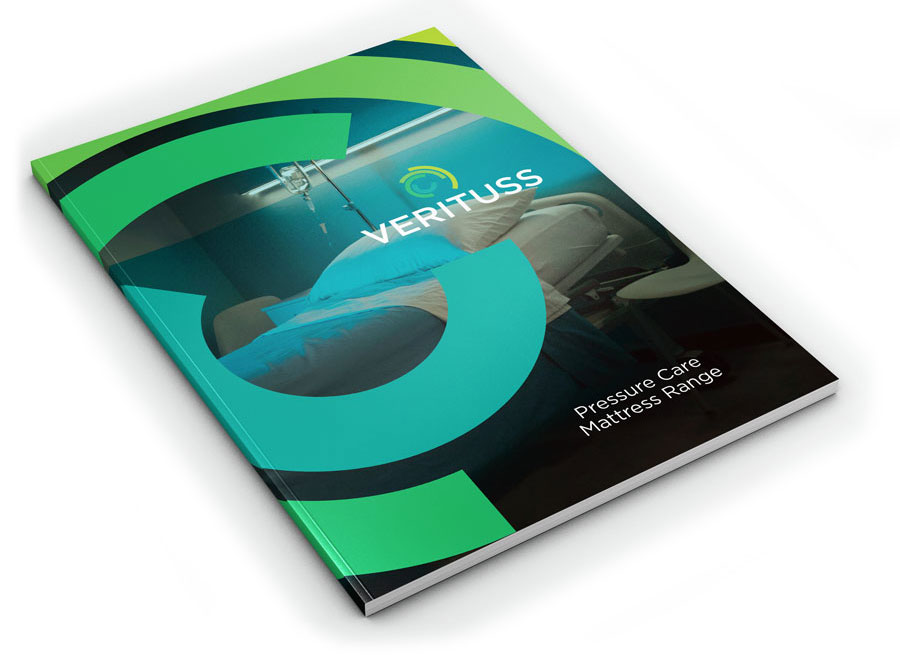Fighting the Superbugs – From Xtreme Fabric to Ultrasonic Welding
Published 12th August 2024
Ever since the likes of Louis Pasteur and Alexander Fleming first discovered how to fight microbial infections in the late 19th and early 20th centuries, antibiotics have been seen as miracle drugs across the world. They have cured diseases, made operations safe and saved countless millions of lives.
Unfortunately, these same drugs have been vastly over-prescribed, and often used in ways that they were never intended for, even when they simply weren’t an effective treatment. This has led to the rise of so-called superbugs – antibiotic resistant strains of infectious microbes, which are causing significant problems for healthcare at all levels.
What are superbugs?
When antibiotics are used to treat bacterial infections, some of the bacteria will mutate and survive. These resistant bacteria can then reproduce rapidly, forming a whole new strain of bacteria with antimicrobial resistance or AMR. When these strains become resistant to several different types of antibiotic, they become known as superbugs
According to the World Health Authority, AMR was directly responsible for 1.27million deaths worldwide in 2019 and contributed to a further 4.95million deaths. By 2050, it’s estimated that there will be more deaths worldwide from superbugs than from cancer.
Alongside the human cost of AMR bacteria, there’s also a significant economic price to pay. The World Bank estimates that AMR could cost $1trillion in additional healthcare costs by 2050 and $3.4trillion a year in lost GDP by 2030.
The growing problem of superbugs
Unfortunately, the problem is only getting worse. The WHO statistics quoted above don’t take into account the effects of the Covid pandemic, when millions of people incorrectly turned to antibiotics, even though the disease was caused by a virus not a bacteria. This has accelerated the spread of antimicrobial resistance.
Some scientists even think that global warming may play a role, with warmer temperatures helping resistant bacteria to grow and thrive. Unfortunately, AMR bacteria are now starting to show resistance to even the strongest, last-resort drugs. If this occurs, then some diseases will simply become untreatable.
How Redwood can help you fight superbugs
Clearly, the fight against infection has never been more important or more urgent, and here at Redwood, we’re proud to be playing our part. Our range of specialist healthcare fabrics, manufacturing methods and clinical products are designed to help care homes, clinics and hospitals to control the spread of infection efficiently and effectively.
We achieve this in two ways:
- Xtreme fabrics – Our specially formulated Xtreme fabrics have state of the art antimicrobial coatings that stand up to the most stringent anti-bacterial requirements. What’s more, these fabrics are designed to withstand even the most aggressive cleaning regimes, which often go beyond the recommended concentrations of disinfectant cleaning and bleaching agents.
- Ultrasonic welding – Redwood’s range of manufacturing techniques includes ultrasonic welding for medical mattresses. This technique creates a strong seal that is watertight and will not allow bacteria to penetrate either the seam or the substrate.
Redwood rising to the challenge
Xtreme fabrics and ultrasonic welding are just part of Redwood’s commitment to the fight against AMR superbugs. We are constantly working with our healthcare clients and industry experts to improve and enhance the bacterial resistance of our products, while keeping them comfortable, practical and durable.
Redwood have also worked closely with the British Healthcare Trades Association to assess and improve the use of antibacterial fabrics in acute healthcare settings.
There’s no easy answer to the problem of AMR superbugs, but here at Redwood, we love a challenge. Our team have been working for years to improve our antimicrobial fabrics and ultrasonic welding techniques, and to create new and innovative ways to support healthcare on the frontline of the fight, and it remains a top priority for our team.
To find out more about how Redwood can help you fight the superbugs, get in touch today.

